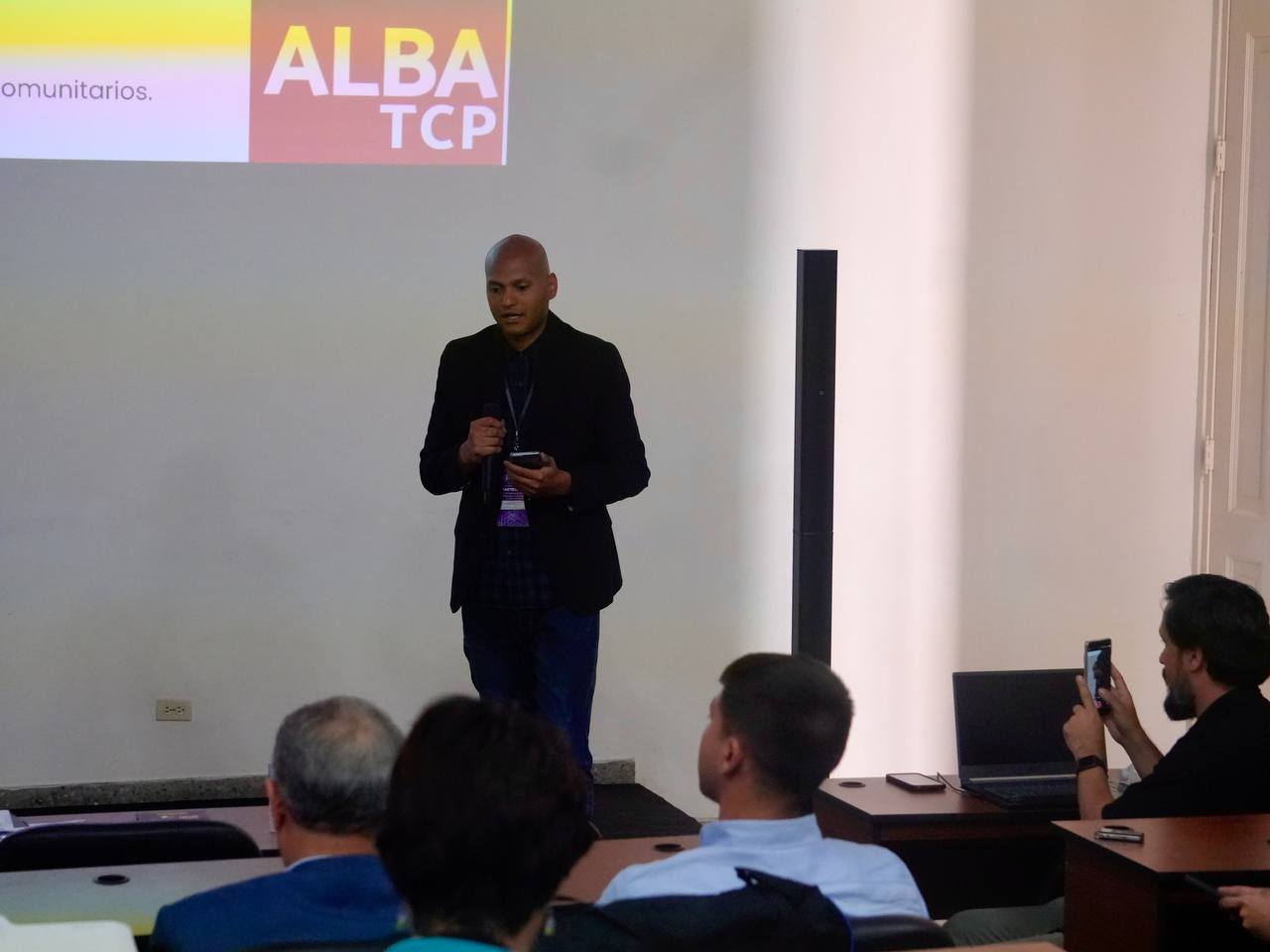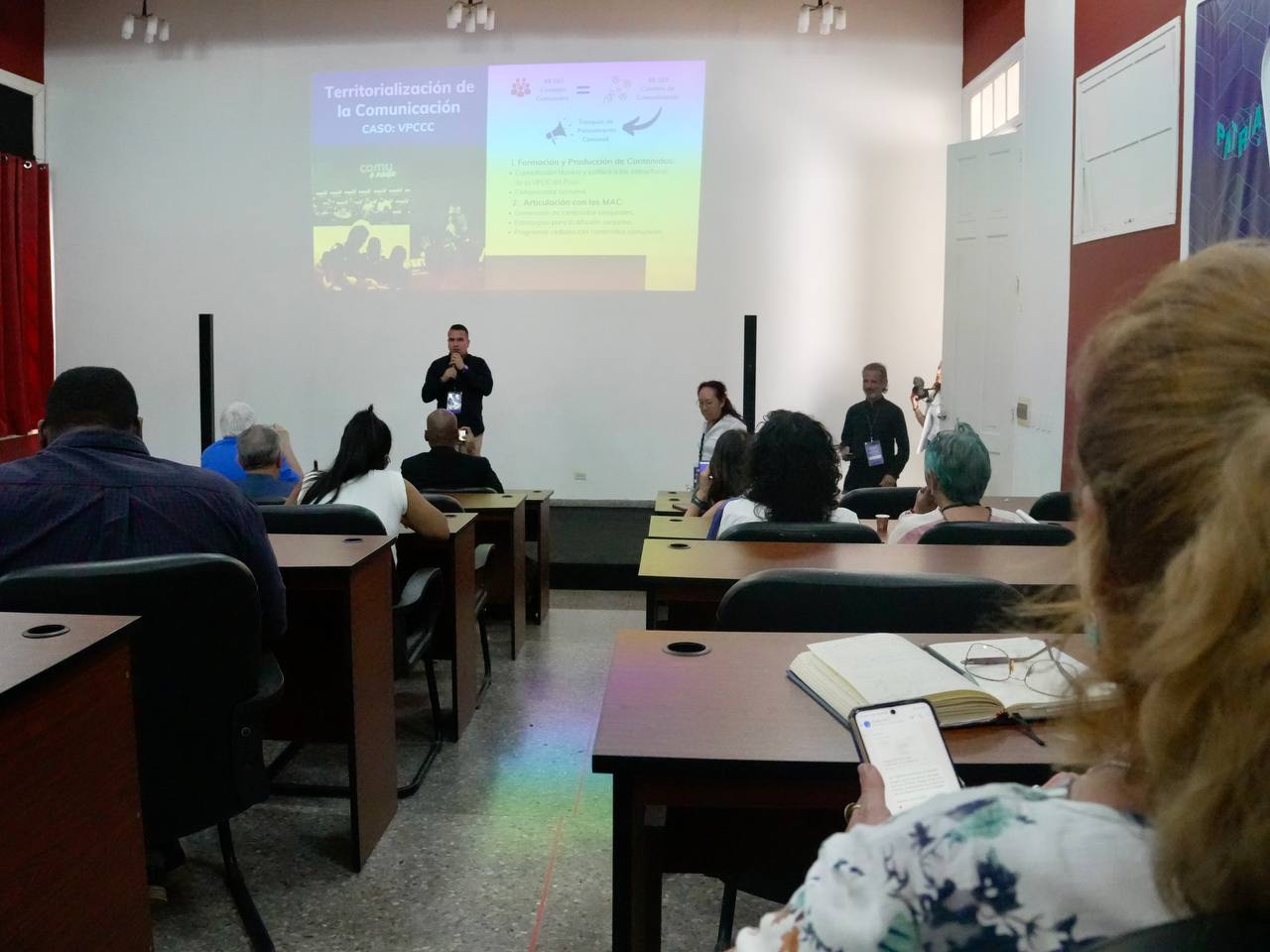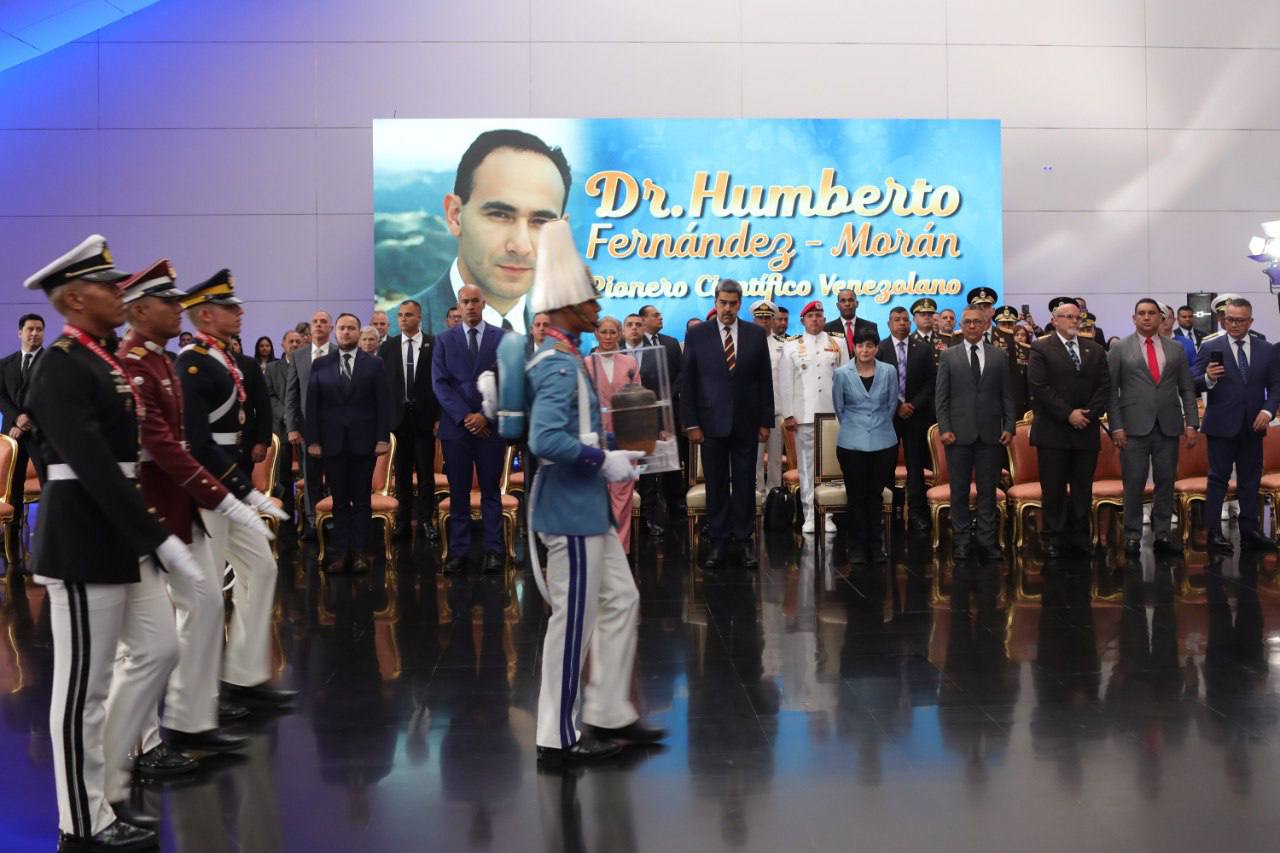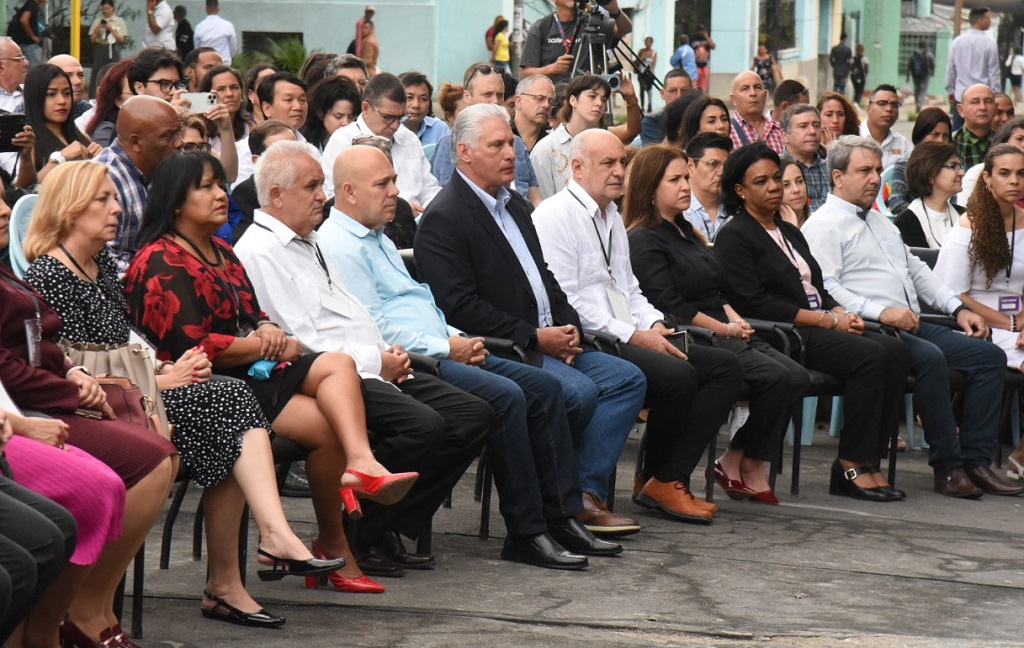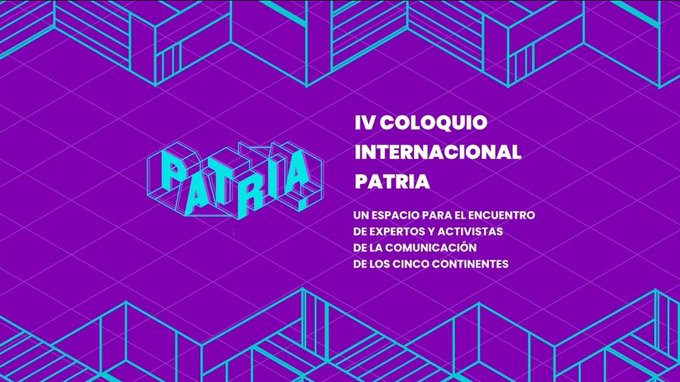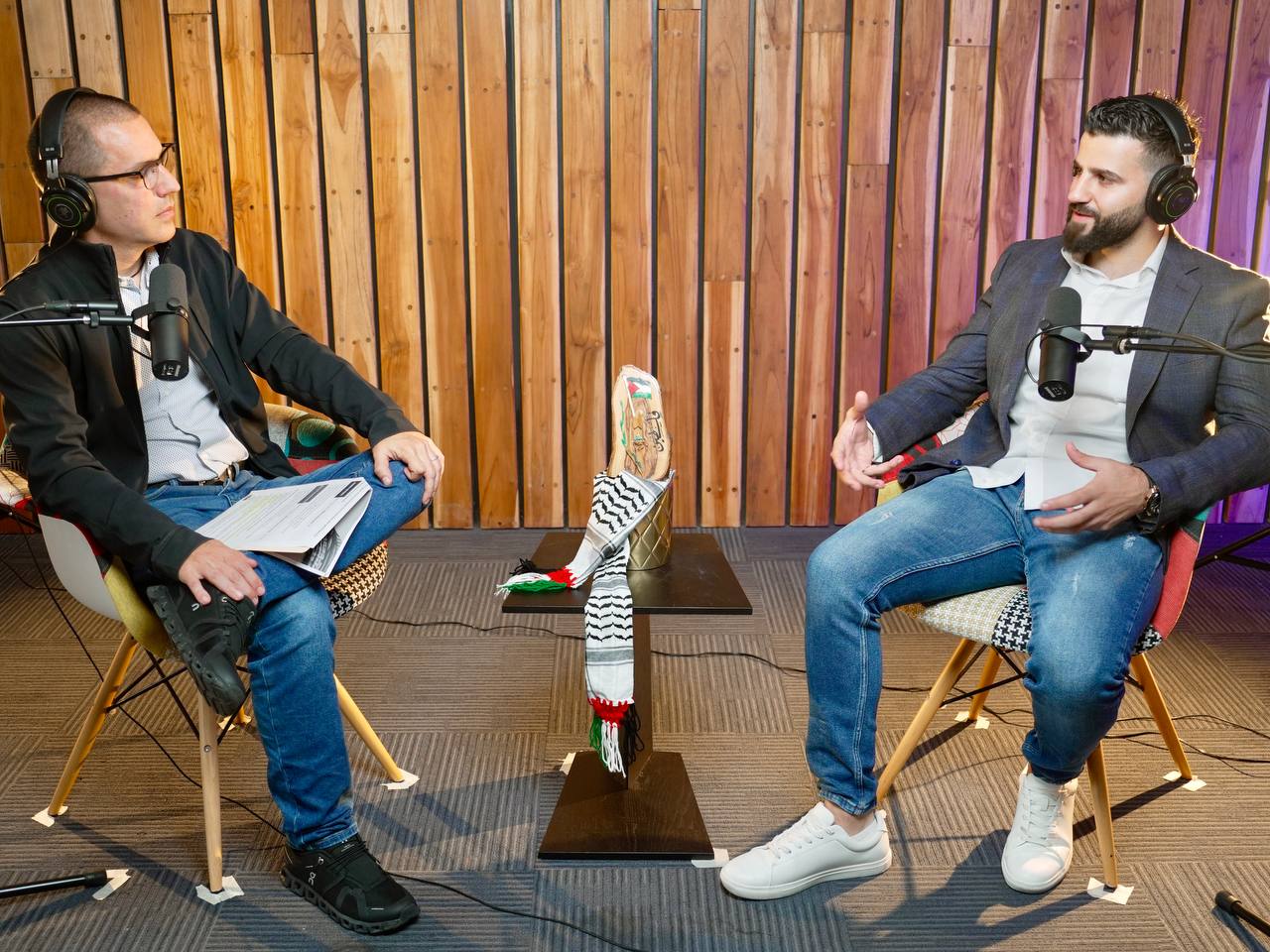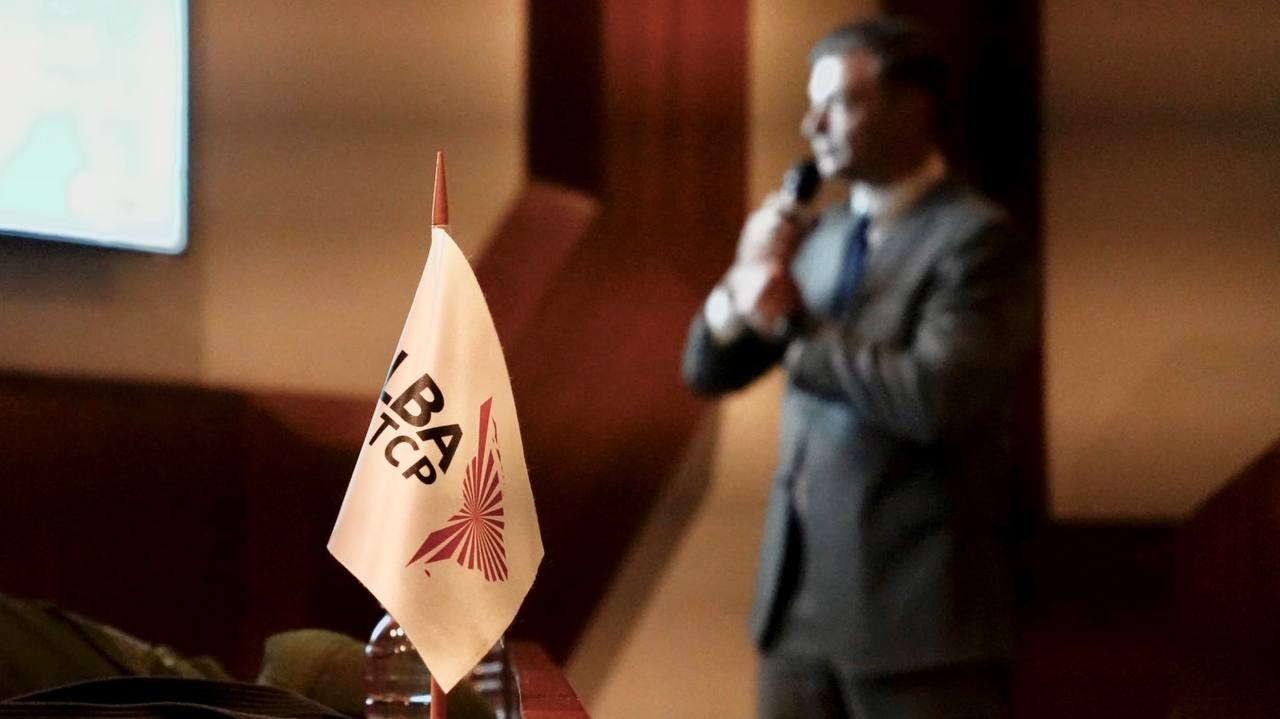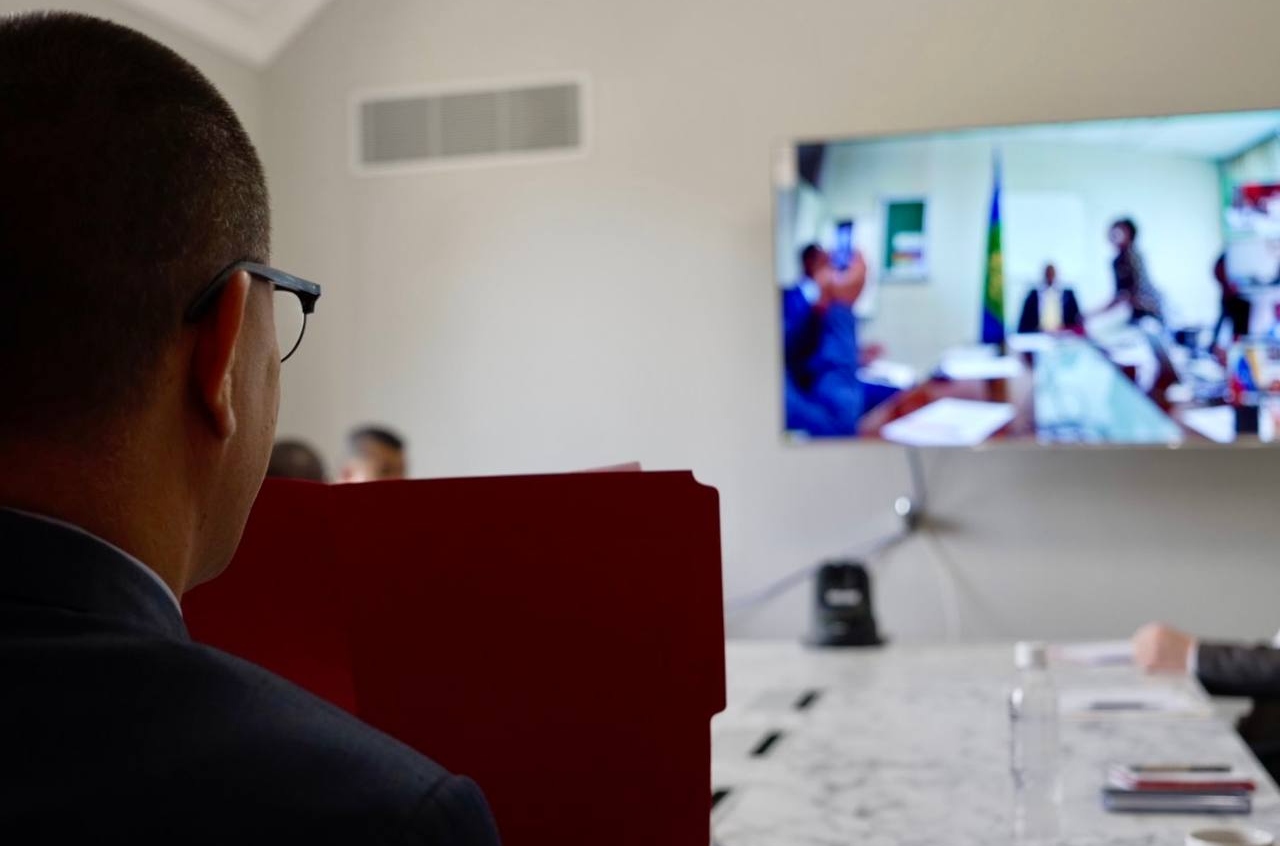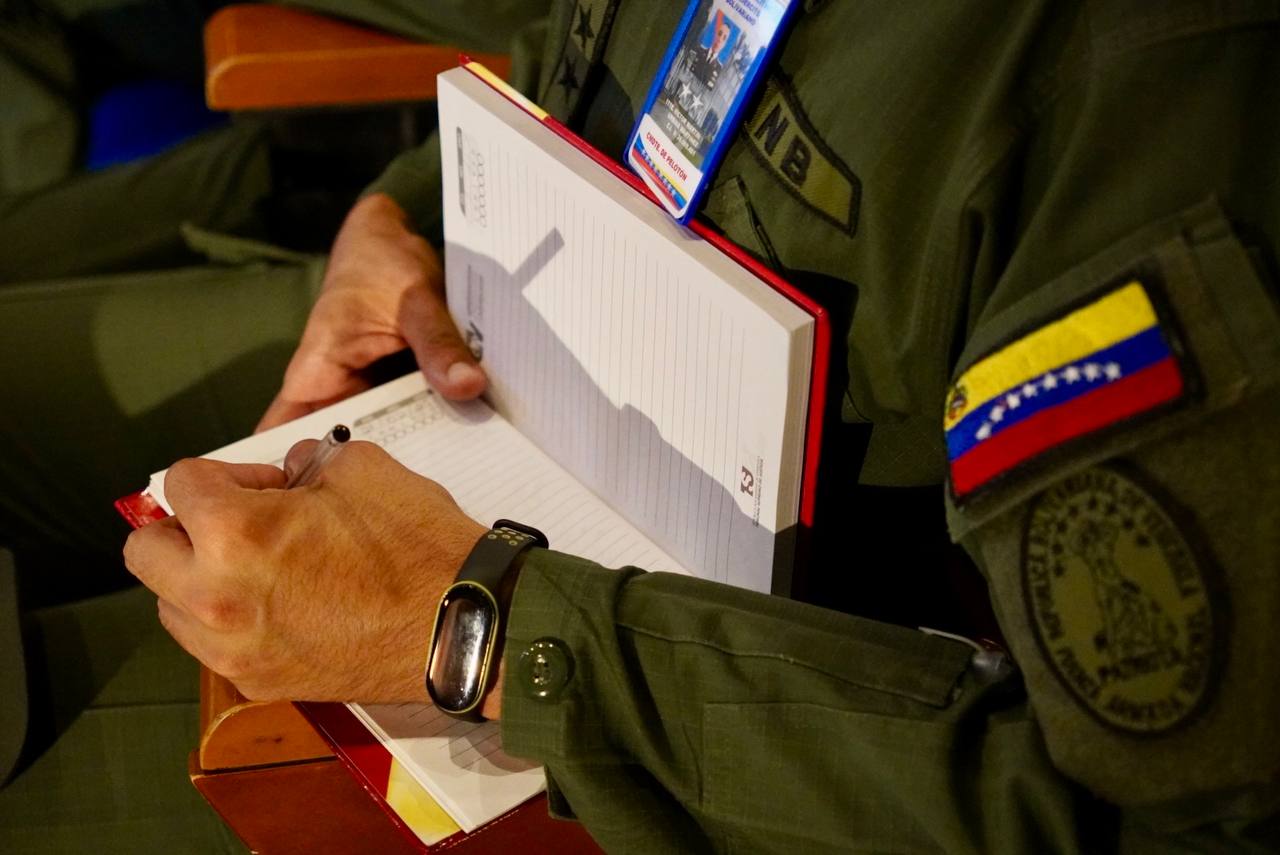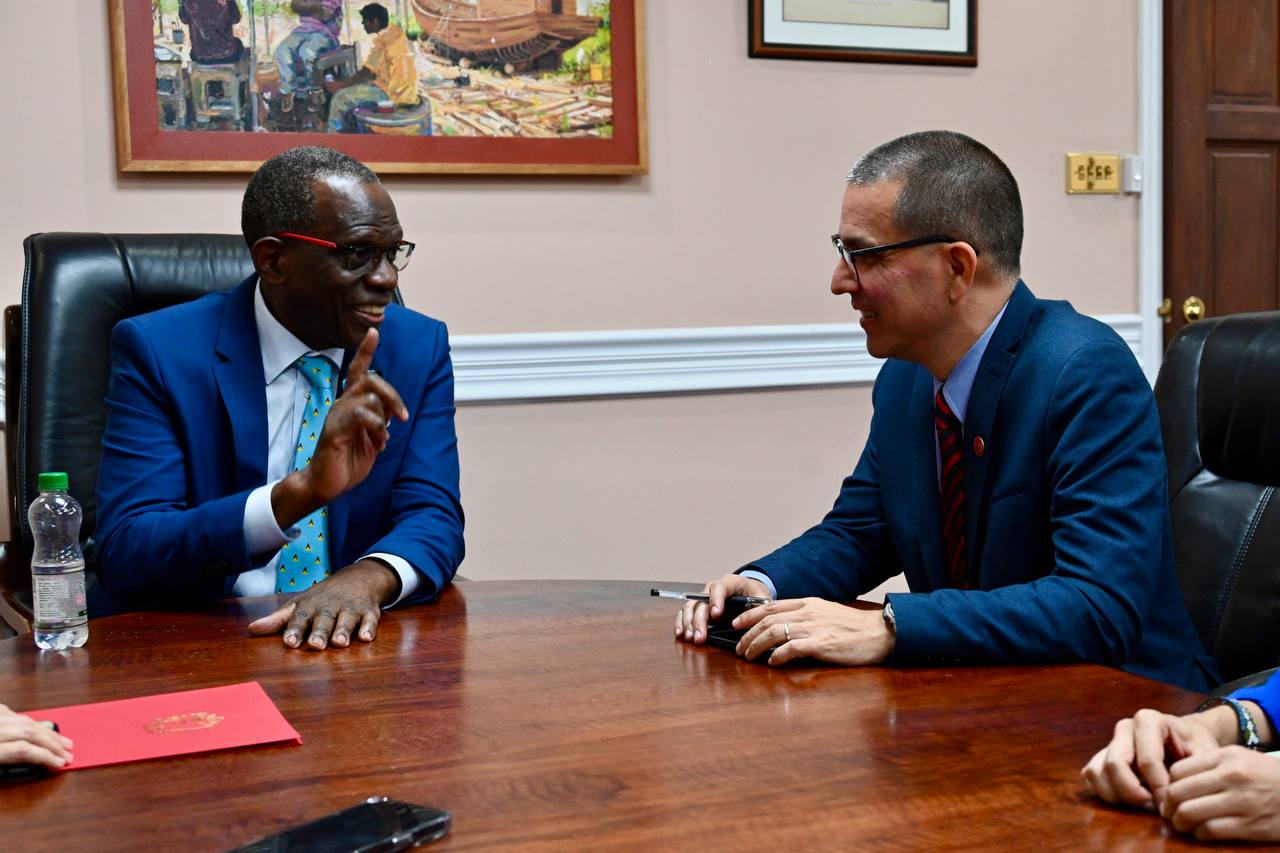Havana, March 18, 2025.- The conference Bolivarian Alliance for the Peoples of Our America – Peoples’ Trade Treaty (ALBA-TCP) and Its Communication Strategy took center stage on the second day of the 4th Patria International Colloquium, which is being held at the University of Havana, Cuba, until March 19.
Venezuelan journalist and press coordinator of the regional bloc, Román Montilla, opened his presentation by highlighting the central objective of the Bolivarian Alliance: the unity of Latin America and the Caribbean, based on political cohesion, the safeguarding of independence and identity, and the promotion of solidarity, cooperation, and justice.
In this regard, he emphasized that ALBA-TCP utilizes various digital communication platforms to achieve this goal, as well as to disseminate progress in political and social matters and foster regional unity.
ALBA-TCP leverages social media to spread the truth about the peoples of Latin America and the Caribbean, as well as to promote development programs aimed at strengthening the sovereignty of its member nations, such as AgroALBA, a program focused on regional food independence.
During his speech, the journalist underscored that ALBA-TCP’s communication strategy seeks to “counter global media hegemony, challenge distorted narratives in international media, and defeat disinformation campaigns that create confusion,” he explained.
“Among our proposals is the creation of a network of public and community media outlets within ALBA-TCP, as well as the establishment of a fund to support the production and dissemination of high-quality content,” stated Román Montilla, while affirming that the ultimate goal is to strengthen regional identity.
“It is essential to foster a sense of belonging and solidarity among the peoples of Latin America and the Caribbean, as well as to share information about the benefits of cooperation across various sectors,” he concluded.
Providing an alternative to major media conglomerates is the essence of the Bolivarian Alliance’s communication strategy, Montilla concluded.
The 4th Patria International Colloquium began this Monday in Havana, Cuba, bringing together communication specialists from various nations. The forum will run until March 19.
